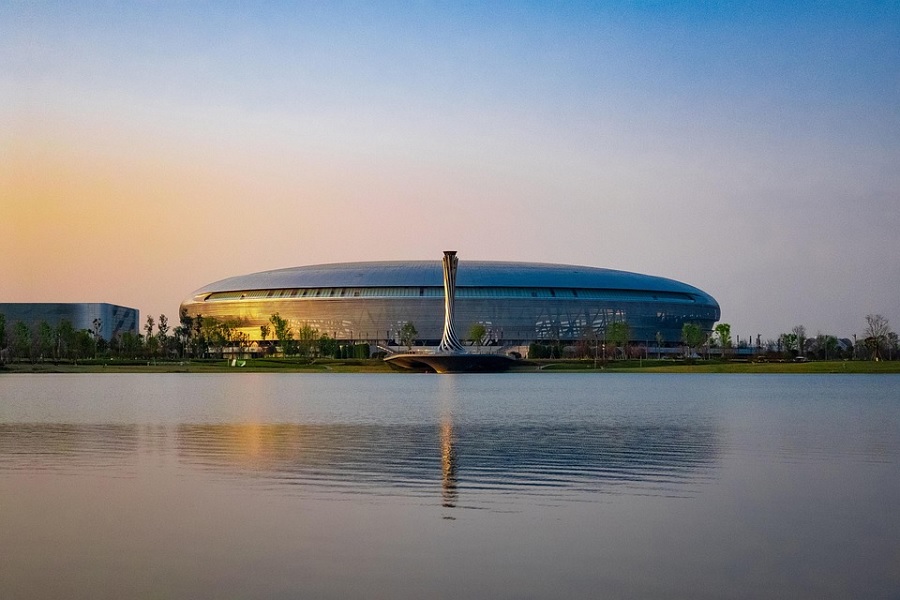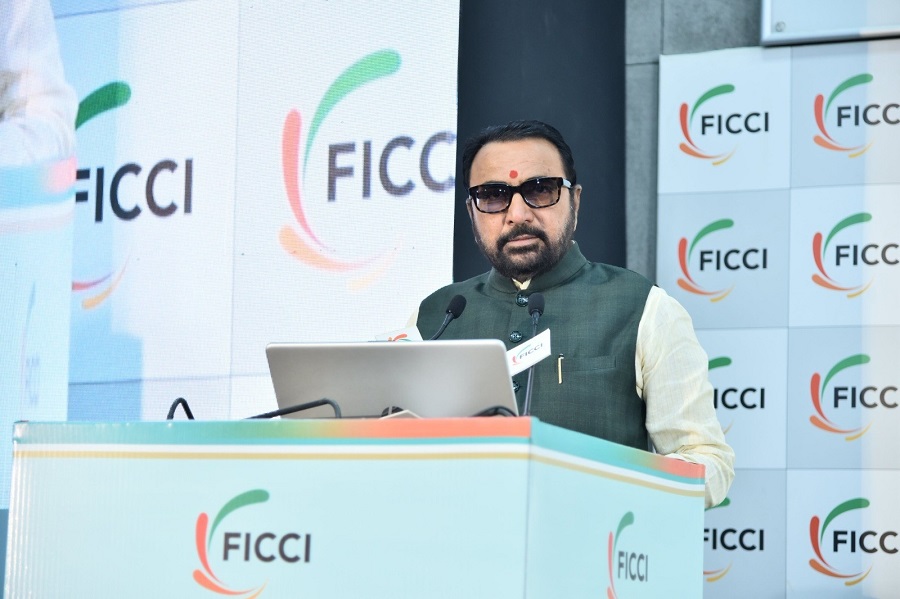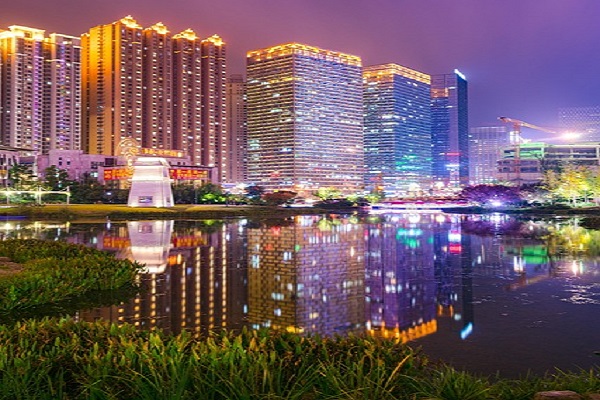International Tourism: Bridging Cultures and Boosting Economies

International tourism refers to the travel of people across national borders to experience different cultures, landscapes, and attractions. It is one of the largest and fastest-growing sectors globally, playing a crucial role in fostering cultural exchange, promoting global understanding, and driving economic growth.
The Growth of International Tourism
With the advent of affordable air travel, improved infrastructure, and digital connectivity, international tourism has expanded rapidly over the last few decades. Countries around the world compete to attract tourists by showcasing their unique heritage, natural wonders, and modern amenities. Popular destinations such as France, Spain, the United States, Thailand, and Japan continue to draw millions annually, while emerging markets like Vietnam, Morocco, and Costa Rica are gaining traction.
Economic Impact
International tourism significantly contributes to national economies by generating revenue, creating jobs, and encouraging investments in infrastructure. According to the World Tourism Organization (UNWTO), international tourism accounted for about 10% of global GDP pre-pandemic and supported millions of jobs worldwide. Tourism-related activities support airlines, hotels, restaurants, local crafts, transportation, and entertainment sectors, creating a diverse employment ecosystem.
Cultural Exchange and Awareness
Beyond economics, international tourism fosters cross-cultural understanding by bringing people from diverse backgrounds together. Tourists get firsthand experience of different customs, traditions, and lifestyles, which can promote tolerance and global harmony. Local communities benefit from cultural preservation efforts driven by tourism interest, such as heritage site restorations and traditional festivals.
Challenges and Sustainability
Despite its benefits, international tourism faces challenges like environmental degradation, over-tourism, and cultural commodification. Many popular destinations suffer from overcrowding, pollution, and strain on local resources. The COVID-19 pandemic further exposed the vulnerabilities of global travel, prompting calls for more sustainable tourism practices.
Sustainable tourism focuses on minimizing negative impacts by promoting eco-friendly travel, responsible behavior, and community involvement. Governments and businesses are increasingly adopting green certifications, limiting visitor numbers, and encouraging authentic cultural experiences that respect local environments and societies.
The Future of International Tourism
As global travel resumes post-pandemic, technology and innovation will shape the future of international tourism. Virtual reality tours, contactless payments, and AI-driven personalized travel recommendations enhance the visitor experience. Meanwhile, a growing number of travelers seek meaningful, off-the-beaten-path adventures over conventional mass tourism.
In conclusion, international tourism remains a powerful force for economic development and cultural exchange. Balancing growth with sustainability will be key to preserving the world’s diverse destinations for future generations of travelers.





.jpg)


















